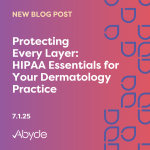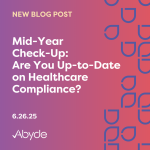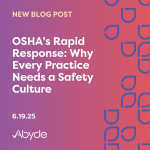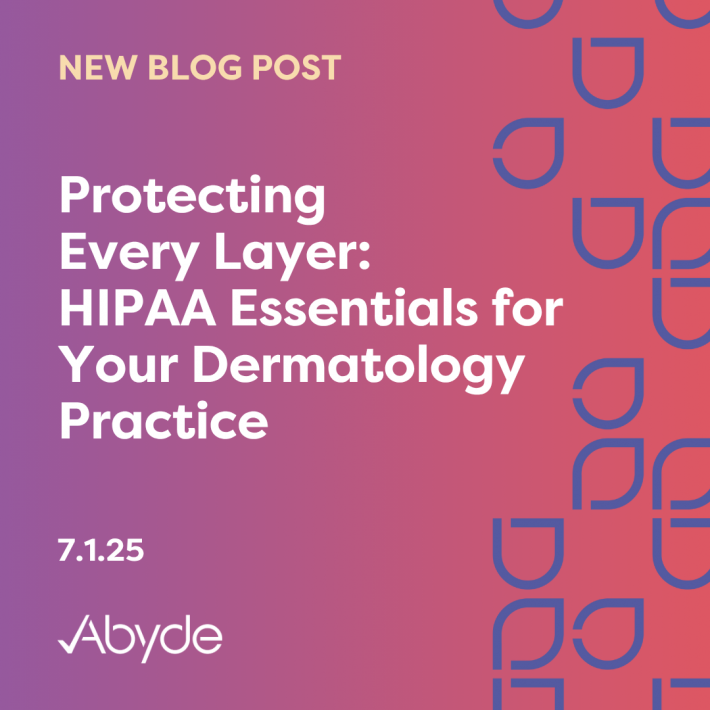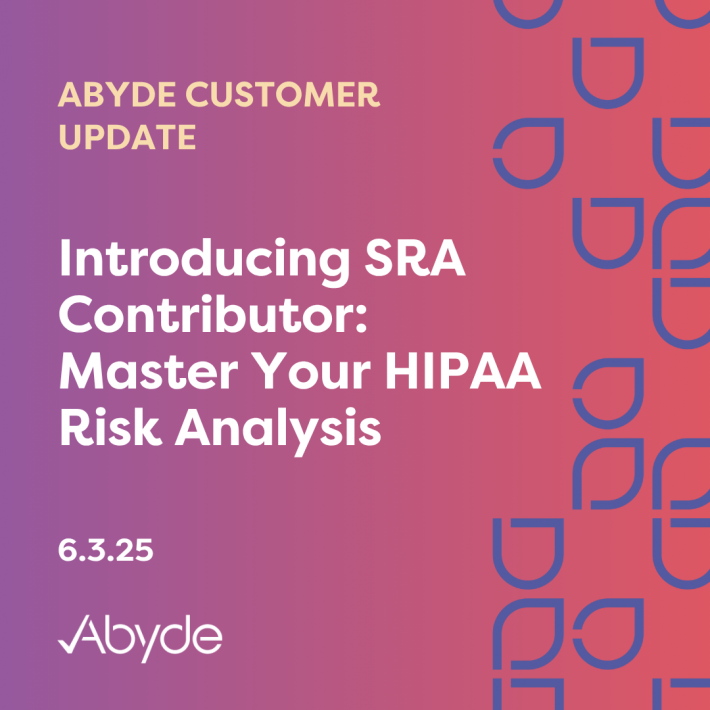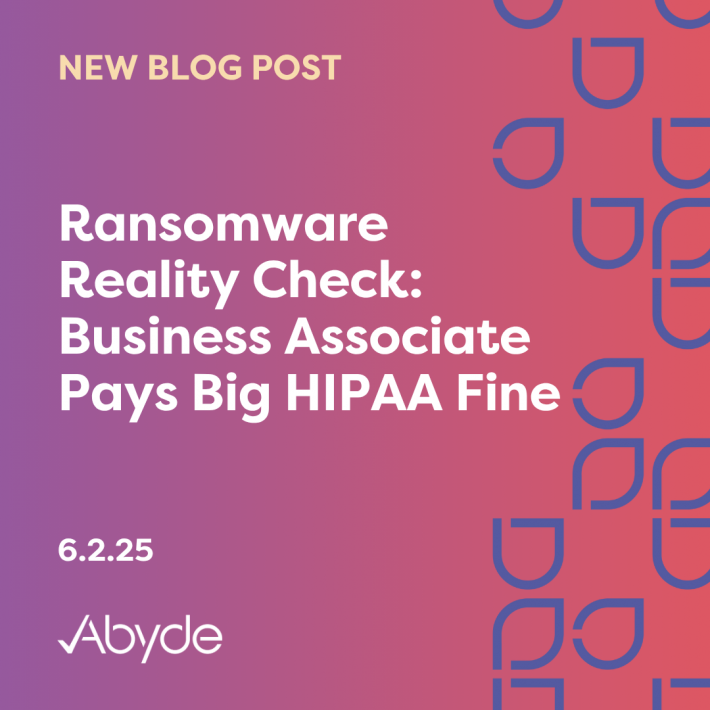December 20, 2021
To combat HIPAA’s common misconception of acting as a barrier law, the Department of Health and Human Services (HHS) along with the Office for Civil Rights (OCR) has continued to emphasize that the law does not simply prohibit PHI disclosure altogether but rather permits the safe sharing of relevant information when necessary.
While we’ve recently seen information published in response to HIPAA’s role in a public health emergency and disclosure of vaccination status – just today the government issued guidance addressing another widely important concern. The latest announcement helps clarify how the HIPAA Privacy Rule permits covered health care providers to disclose protected health information (PHI) for the purpose of extreme risk protection orders (ERPO) and to prevent an individual in crisis from accessing firearms. This guidance follows suit with the U.S. Department of Justice’s model extreme risk protection order legislation and aims to support law enforcement, family members and others who intervene in an effort to prevent firearm injuries and deaths.
The issued guidance speaks to HIPAA’s requirements in relation to ERPO laws, stating that the Privacy Rule does allow a health care provider to disclose PHI in support of an application for an ERPO against an individual in limited circumstances. HIPAA allows entities to share an individual’s PHI without authorization if they feel that the individual poses a danger to themselves or others, if the disclosure is required by law, or when the disclosure is in response to an order of a court or other lawful process. It details specific examples for each permission along with general considerations for meeting the Privacy Rule’s “minimum necessary” standard. This standard requires covered entities and business associates to make reasonable efforts to limit the PHI disclosed to the minimum necessary to accomplish the intended purpose of the use or request.
In response to the issued notice, recently appointed OCR Director, Lisa J. Pino states that, “HIPAA should not be a barrier to communication for law enforcement, concerned family members, health care providers, and others when they see an individual in crisis. Today’s guidance helps clarify legal requirements and to better support individuals in crisis.”
This guidance is essential in not only improving the public’s safety but clarifying any confusion that could get in the way of doing that. “Too often, communities bear the weight of heartbreaking tragedies caused by the epidemic of gun violence in our country,” said HHS Secretary Xavier Becerra. “Today’s guidance on HIPAA and Extreme Risk Protection Orders is an important step the Biden-Harris Administration is taking towards protecting communities from gun violence by allowing law enforcement, concerned family members, or others to prevent a person in crisis from accessing firearms.”
HIPAA plays a key role in not only protecting the privacy and security of patients’ health information but permitting health care providers to intervene in a safe and appropriate matter if ever necessary. So when it comes to keeping your patients and your practice’s best interest at heart, understanding HIPAA law and following guidance such as the one released today, is vital.
